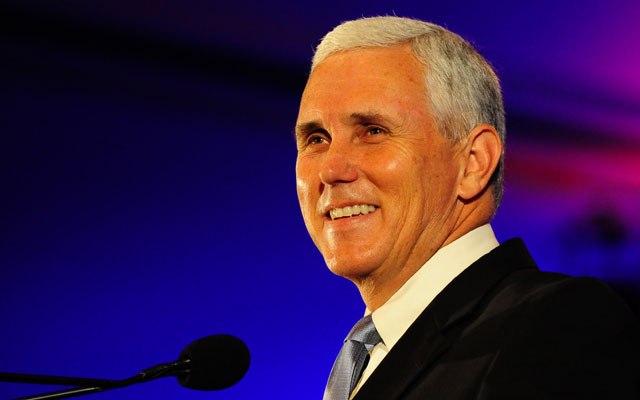This past weekend, Indiana legislators approved a proposal to halt the implementation of Common Core until after preliminary hearings and an in-depth analysis are conducted. The bill now rests on Governor Mike Pence’s (R) desk awaiting his signature.
In February, the Indiana state senate voted 38–11 in favor of anti–Common Core legislation. And Indianans and local business owners have petitioned Pence to halt the Common Core implementation. In early April, Pence stated that Indiana may reconsider Common Core, saying that leaders in the state would “take a long, hard look” at the standards. Now, the move to put Indiana on a track of reversing the Common Core State Standards rests with Pence.
The Common Core standards initiative was launched in 2009. Touted as a state-led effort, the Obama Administration quickly jumped on board to push for Common Core, placing billions in federal funding on the line. States that agreed to adopt common standards, for example, were considered more competitive in the Administration’s Race to the Top grant competition (which offered a total of $4.35 billion to states), and states have also been offered strings-attached No Child Left Behind waivers if they adopt Common Core. Moreover, the federal government is directly financing the two national testing consortia and established a “technical review” panel to assess the tests.
The Administration’s push for national standards threatens to remove parents, teachers, and local leaders from decisions about what children are taught in the classroom.
But twelve states are now considering withdrawing from Common Core.
Heritage’s Lindsey Burke states, “National standards in education strengthen federal power over education and strip state and local oversight.” This reduction of local authority is a shift in accountability. Decisions about standards and assessments—about the very content taught in school—should be made by those people closest to the students: parents and teachers, not bureaucrats in Washington.
While the loss of educational liberty is the greatest threat posed by Common Core, education spending is also likely to increase. According to the Pioneer Institute for Public Policy Research, the total cost for states to implement the standards is $16 billion over the next seven years.
States should reject the push toward national standards while there is still time. Indiana, under Pence’s leadership, could soon be on the path to ensuring that Hoosier parents and teachers have the most to say when it comes to what their students are taught.
Brittany Corona is currently a member of the Young Leaders Program at The Heritage Foundation. For more information on interning at Heritage, please click here.



























